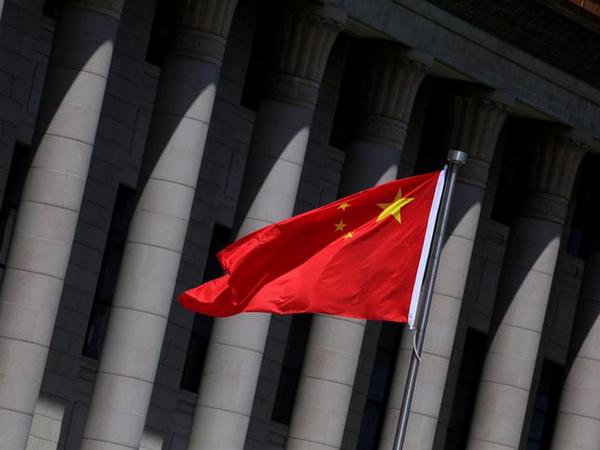China: Population decline for second straight year deepens demographic challenge amid stumbling economy
China's population shrank for the second year in a row, marking a deepening of a demographic challenge that is set to have significant implications on the world's second-largest economy.

- Country:
- China
China's population shrank for the second year in a row, marking a deepening of a demographic challenge that is set to have significant implications on the world's second-largest economy. The population fell by around 2.08 million people as compared to the previous year, coming to 1.409 billion in 2023, China's National Bureau of Statistics (NBS) announced Wednesday.
Meanwhile, on the economic front, the NBS confirmed that China's economy grew by 5.2 per cent last year, compared to a government target of around 5 per cent. While this expansion marks a significant pick-up over 2022, when China's economy grew by just 3 per cent, it is still one of the country's 'worst economic performances' in over three decades.
China's birth rate also dropped to a new record low of 6.39 births per 1,000 people, down from 6.77 a year earlier and the lowest level since the founding of Communist China in 1949, according to CNN. In 2023, around 9.02 million babies were born, compared with 9.56 million babies in 2022. The country's workforce -- composed of people in the 16 to 59 age group -- dropped by 10.75 million from 2022, while the number of elderly people above 60 increased by 16.93 million from 2022.
Notably, the latest figures come after China's population declined for the first time in decades in 2022 in what analysts said was the country's first drop since the 1961 famine triggered by former leader Mao Zedong's Great Leap Forward. India surpassed China last year as the world's most populous country.
The slowing birth rate comes despite a push from the government to encourage more married couples to have children following decades of restrictive birth policies. Beijing scrapped its decades-long and highly controversial "one child" policy in 2015, after realizing the restrictions had contributed to a rapidly ageing population and shrinking workforce that could severely distress the country's economic and social stability, CNN reported. (ANI)
(This story has not been edited by Devdiscourse staff and is auto-generated from a syndicated feed.)
- READ MORE ON:
- Beijing
- Mao Zedong
- National Bureau of Statistics
- India
- Communist
- China
ALSO READ
Diplomatic Engagement: Senator Daines' Strategic Visit to Beijing
Historic U.S.-China Talks Led by Senator Daines with Top CEOs in Beijing
China Courts Global Investment Amid Tensions at Beijing Summit
India, China comprehensively reviewed situation along LAC: MEA on diplomatic talks in Beijing.
India, China hold diplomatic talks in Beijing in a 'positive and constructive' atmosphere: MEA.










